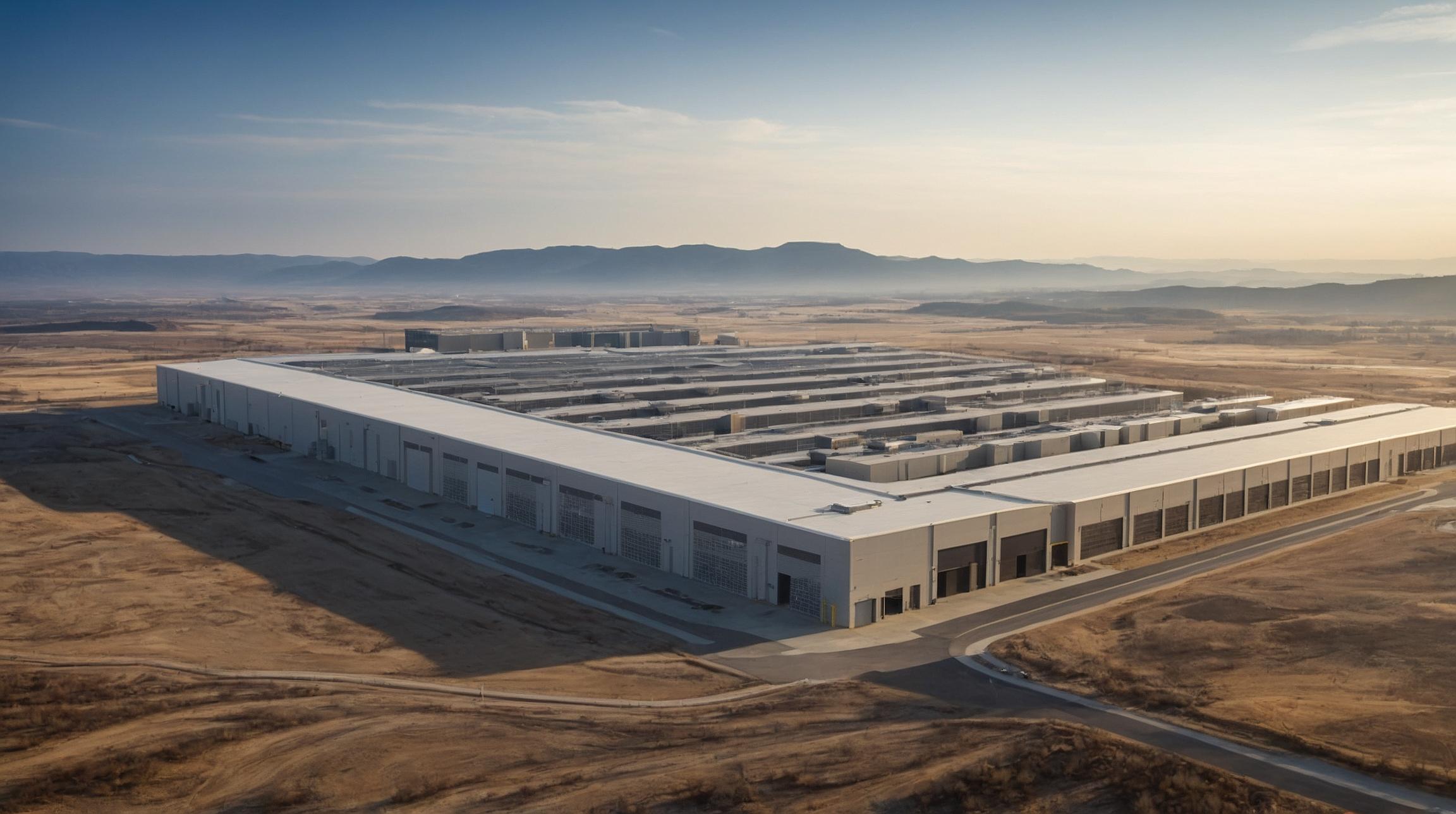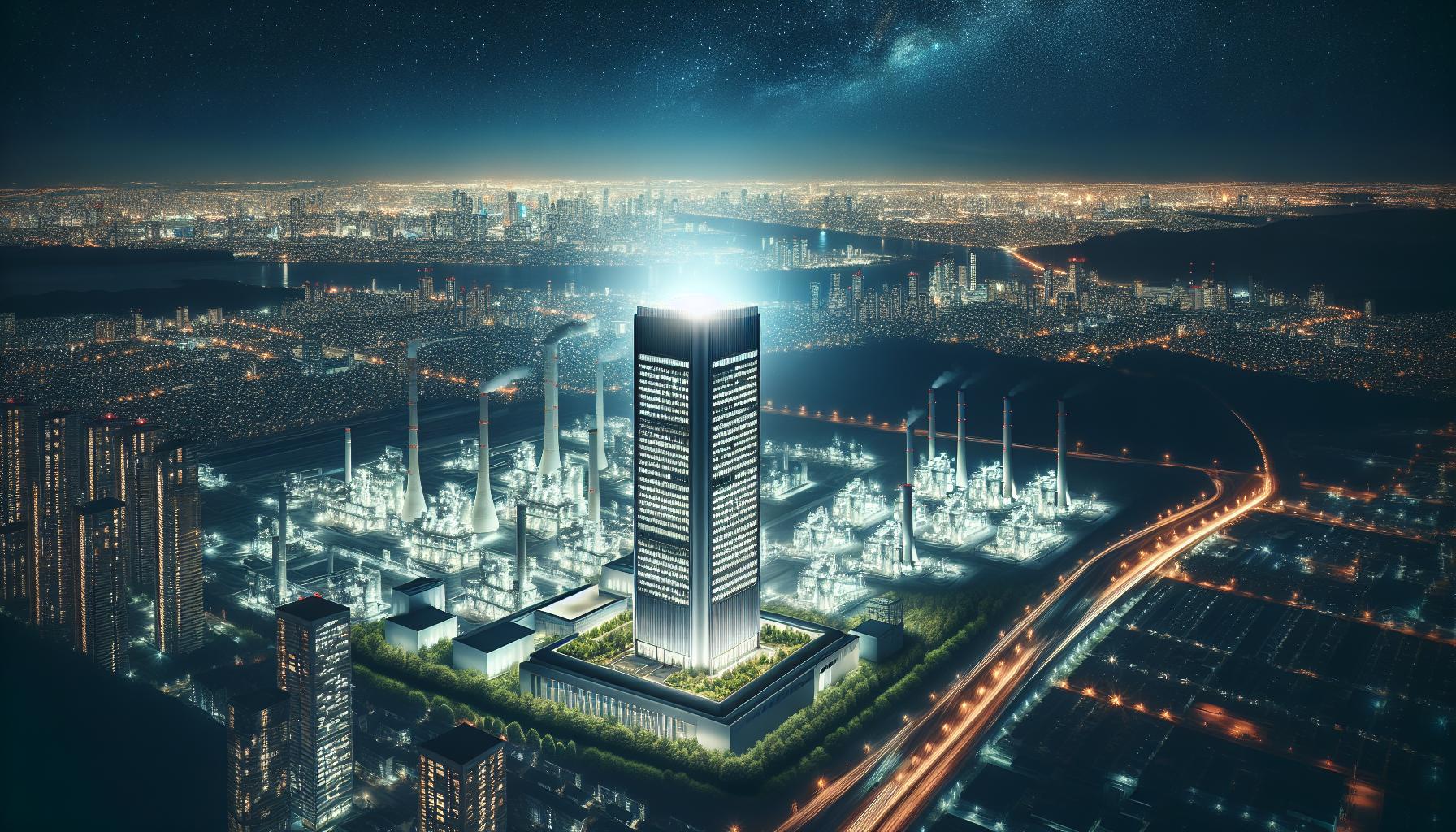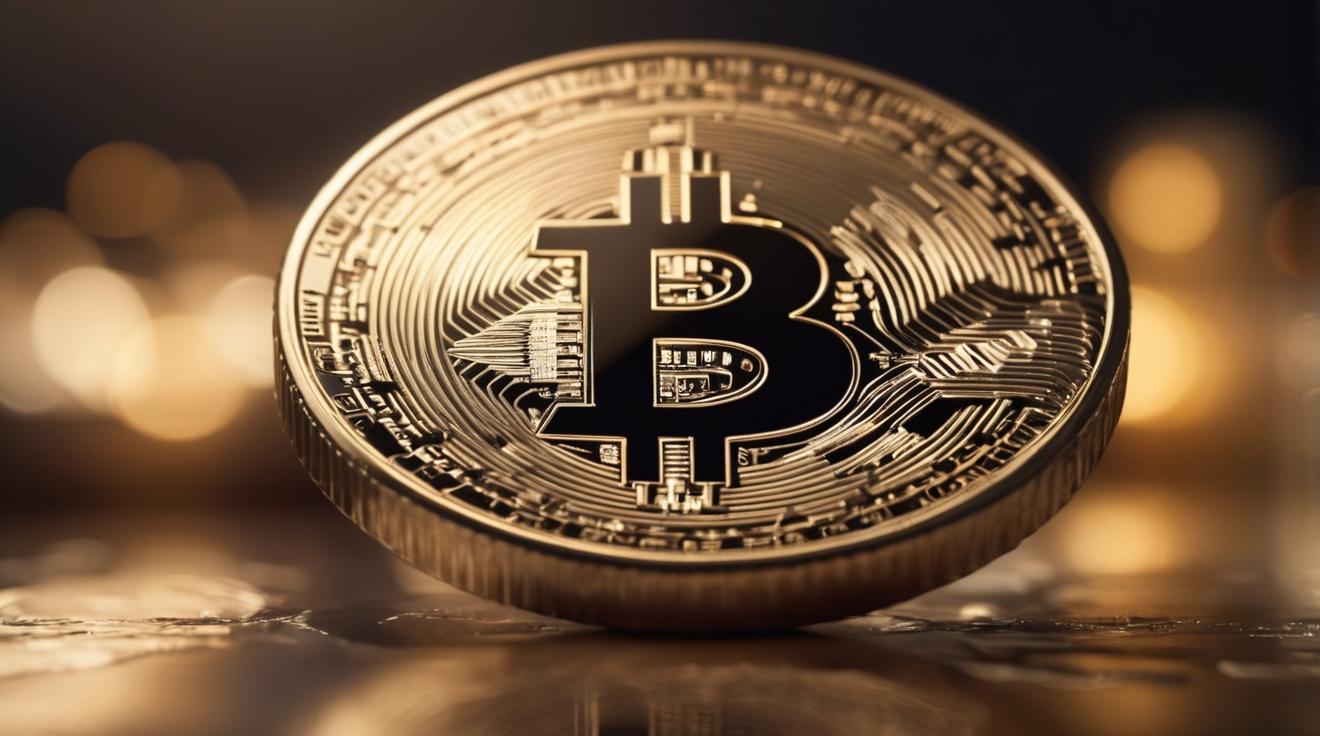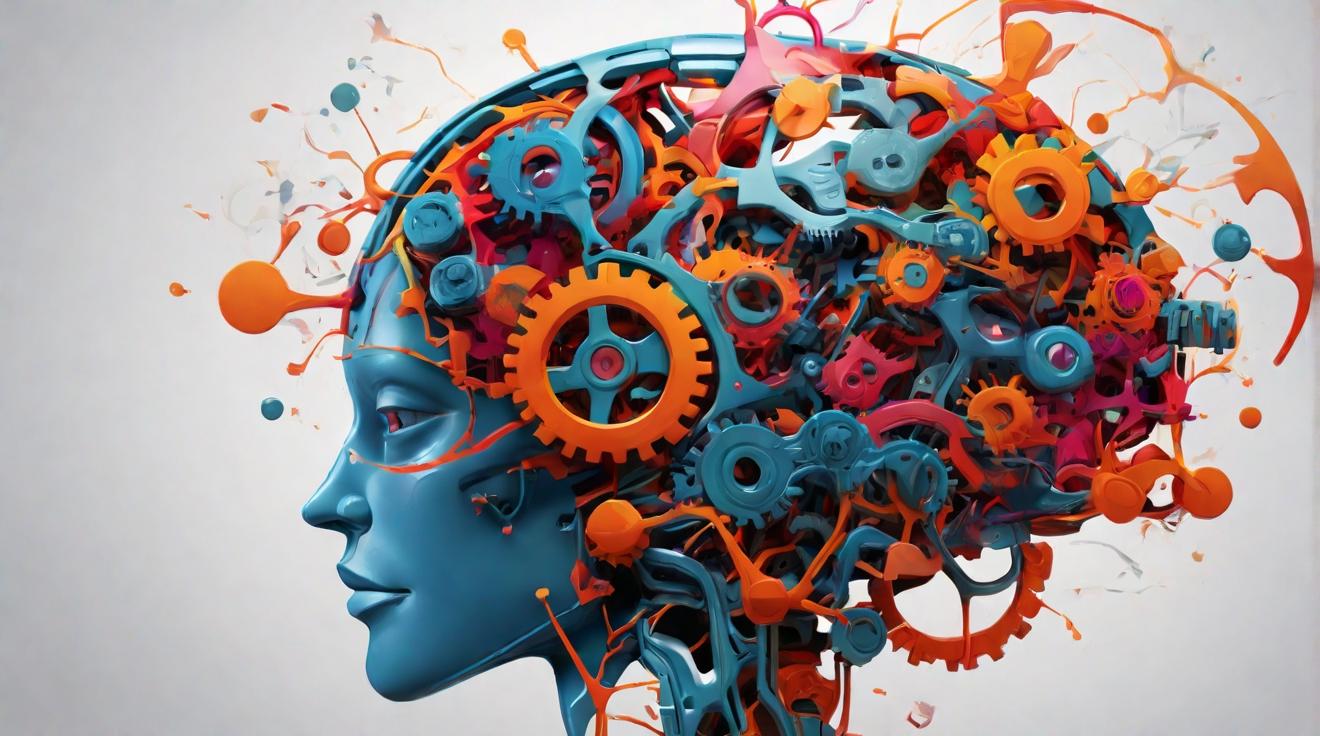The Booming Growth of US Data Centers and Sustainability Concerns
The rise in data center operations across the United States has sparked significant concerns regarding environmental sustainability, particularly in terms of water consumption. In 2023 alone, US data centers utilized over 75 billion gallons of water. To put this into perspective, that's comparable to the amount of water London consumes in four months. This dramatic increase is attributed to the growing demand for advanced technologies, especially artificial intelligence (AI), which necessitates extensive data processing facilities.
Virginia: The Hotspot for Data Center Expansion
Virginia, often referred to as "data center alley," holds the world's largest concentration of these facilities. Since 2019, water usage in this region has surged by nearly two-thirds. The increase reflects a broader challenge faced by tech giants as they expand infrastructure to support AI and other emerging technologies. With Virginia already experiencing drought conditions, the environmental impact of this expansion could be severe.
AI Governance: A Global Priority
Amid these sustainability challenges, AI governance is becoming a critical focus. Norway's $1.7 trillion sovereign wealth fund is urging global companies to enhance AI governance at the board level. As a significant stakeholder in over 9,000 companies worldwide, the fund's guidance is influential. Carine Smith Ihenacho of the Norges Bank Investment Fund emphasizes the need for boards to have a comprehensive understanding of AI's application and ethical use.
Global Efforts in AI Regulation
Efforts to create robust AI governance frameworks are underway, with initiatives like the World Economic Forum's AI Governance Alliance. This alliance aims to bring together industry leaders, governments, and academic institutions to ensure that AI systems are developed and deployed responsibly.
Innovations in Electric Vehicle Technology
In the race for the fastest charging battery, Chinese electric car maker Zeekr is making headlines. Their new technology can charge a battery from 10% to 80% in just 10 minutes and 30 seconds, outperforming competitors such as Tesla and BYD. This breakthrough could revolutionize the electric vehicle industry, making EVs more convenient for everyday use.
Advancements in Semiconductor Manufacturing
In Europe, the semiconductor industry is receiving a significant boost with the approval of a $5.5 billion state aid package for a new microchip plant in Dresden. This facility, a collaboration involving major players like TSMC and Bosch, is set to advance the continent's capabilities in chip manufacturing.
Mergers and Innovations in AI Chip Industry
South Korean AI chip manufacturers Rebellions Inc and Sapeon Korea Inc have announced a merger. This strategic move is part of South Korea's broader effort to compete with global AI chip leaders such as Nvidia. The merger could enhance the country's position in the rapidly evolving AI technology sector.
AI's Role in Combating Climate Change
AI is also proving to be invaluable in addressing climate change. Its ability to swiftly process vast amounts of data aids in activities such as mapping icebergs and helping African communities adapt to environmental challenges. Such applications underscore AI's potential as a force for global good.
Digital Banking Revolution in Africa
Lastly, Africa is emerging as a leader in digital banking, despite a large portion of its population lacking traditional banking services. Mobile banking, which started as a way to facilitate mobile phone airtime payments, has now expanded into a robust e-payment infrastructure, providing billions their first access to financial services.
The rapid advancements in technology, from data centers to AI and digital banking, highlight both opportunities and challenges in the quest for sustainable development.













